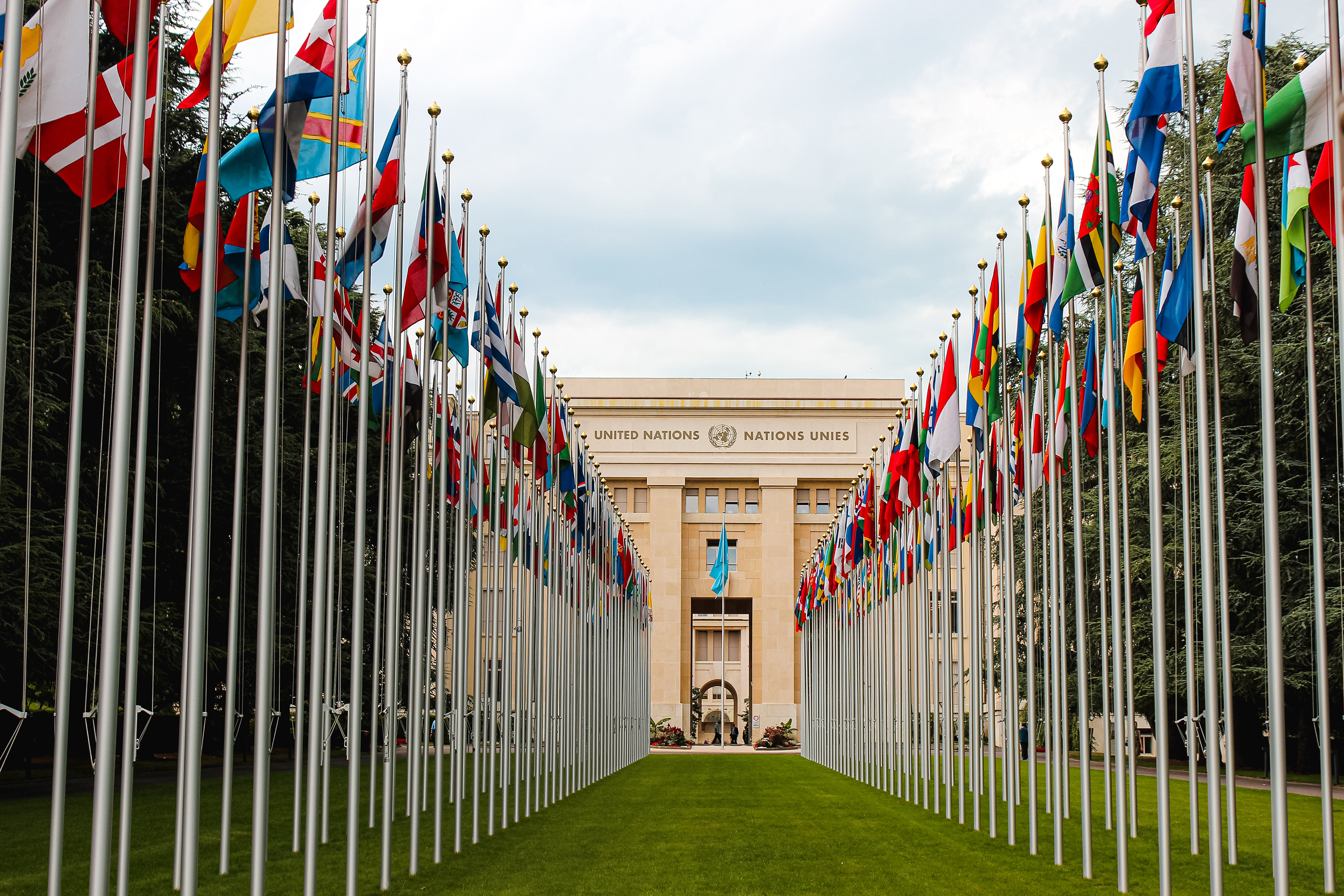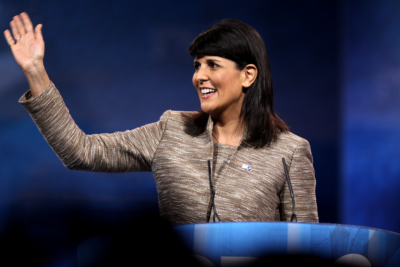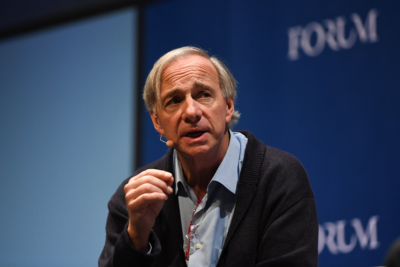
Sign up to unveil the relationship between Wall Street and Washington.
As the United Nations General Assembly met this week to deliberate over global tax abuse, financial reforms and sustainability goals, Secretary-General Antonio Guterres delivered a bracing speech, warning of a “Great Fracture,” as global governance structures remain “stuck in time” and fail to keep pace in a changing world.
Other leaders in attendance were President Joe Biden, Brazilian President Luiz Inácio Lula da Silva and Ukrainian President Volodymyr Zelenskyy — in his first in-person appearance since the Russian invasion — plus heads of state and government from at least 145 nations.
Guterres exhorted those gathering at the U.N. headquarters in Manhattan this week that greater cooperation is needed to tackle wide-ranging, global problems, as well as a daunting list of U.N. sustainable development goals.
Leading the effort, he said, must be strong, effective – and modern – multilateral institutions, working in concert to achieve peace and prosperity.
“We cannot effectively address problems, as they are, if institutions don’t reflect the world as it is,” he said, speaking from the U.N. Assembly Hall on Tuesday. “Instead of solving problems, they risk becoming part of the problem.”
In addition, he said, rifts are growing deeper “among economic and military powers and between north and south, east and west.”
During the speech, Guterres endorsed major changes to U.N. institutions, such as reforming the powerful Security Council at the heart of the body and challenging global financial systems’ status quo. “The alternative to reform is not the status quo,” he told attendees. “The alternative to reform is further fragmentation. It’s reform or rupture.”
At this week’s summit, the U.N. will focus on sustainable development goals, including how to reconstitute and redesign international frameworks it believes too often puts the needs of global superpowers ahead of developing countries.
Guterres has made no secret of his concern that this lack of equity is contributing to the great fracture he referenced, deepening the global wealth gap, income inequality, political dysfunction and divides over tax regimes among prosperous nations and developing nations alike.
Shortly before the U.N. General Assembly kicked off its 78th session this year, Guterres released a paper contending that global tax rules were in need of a shake-up and new rule-setting, taking into account existing multilateral and international arrangements as “the most viable path for making international tax cooperation fully inclusive and more effective.”
The Organization for Economic Cooperation and Development (OECD), the Paris-based group of mainly high-income nations that’s set the standard on global taxation for decades, was none too pleased at this proclamation. It told the International Consortium of Investigative Journalists last month it was “surprising” that the U.N. had dismissed favorable assessments by U.N. member states of OECD collaborations, leading to what it said were “a number of inaccuracies and misleading statements.”
The head of the OECD’s Centre for Tax Policy and Administration, Manal Corwin, called the U.N. paper “disappointing,” adding that the U.N. chose to “ignore the positive impact of the most significant changes and concrete results that have been delivered over the last two decades.”
Critics of the OECD’s longtime approach have said the dominance of its wealthier members, like the U.S. and UK, has caused some developing nations and even OECD members to question its approach to establishing equitable global tax standards. (See recent Power Corridor story here on how the U.S. and UK work in lockstep to guard each other’s financial interests.)
U.N. member states this week will deliberate how to create a more inclusive and effective global tax convention, with updates and discussions expected to continue through the end of the year. The talks follow a resolution adopted late last year by the U.N. in which African member states called for stepped-up efforts to combat illicit financial flows and tax evasion.
In his recent tax report, Guterres did not overlook the OECD’s attempts to consider the needs of developing nations and non-OECD members, but said “many of those countries find that there are significant barriers to meaningful agenda-setting and decision-making.”
A U.N. convention on international tax cooperation would seek to eliminate global tax evasion, tax base erosion and profit-shifting to ensure that all taxpayers – including multinational companies – pay taxes to the governments of countries that host economic activity and value creation.
While that is a lofty goal, if the U.N. succeeds, it would represent the biggest overhaul of international tax rules in a century – but don’t underestimate the determination of some of the world’s richest nations and corporations to maintain a system that favors them.
John Christensen, who co-founded the London-based Tax Justice Network and serves on the governance board of a joint cooperative agreement between the U.N. Development Program and OECD called Tax Inspectors Without Borders, says progress on tax reform is slow, precisely because so many powerful interests are at play.
“I know there are people who think it takes far too long and I agree,” he tells Power Corridor. “But I have been working on policy in this area for 45 years and I can tell you, people need to temper their expectations, because changes at this level take a hell of a long time.”
More public and political pressure needs to be brought to bear – especially on the Group of Twenty, also known as the G20, the group of 19 powerful nations and the European Union that largely steer the global economy – to really move the needle on tax reform, Christensen says.
At the same time, there have been wins. “I am encouraged by the fact there is no more talk of the corporate income tax totally disappearing – that was just 10 years ago – but we were worried corporate tax might be completely washed away in a race to the bottom,” he said. “That is no longer the case.”











